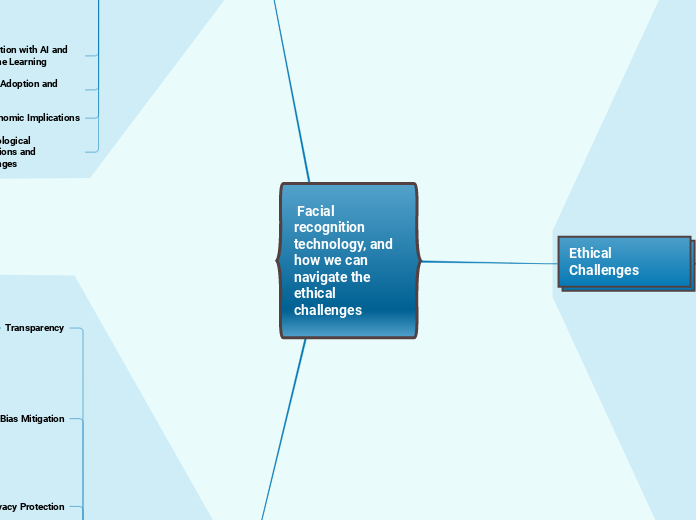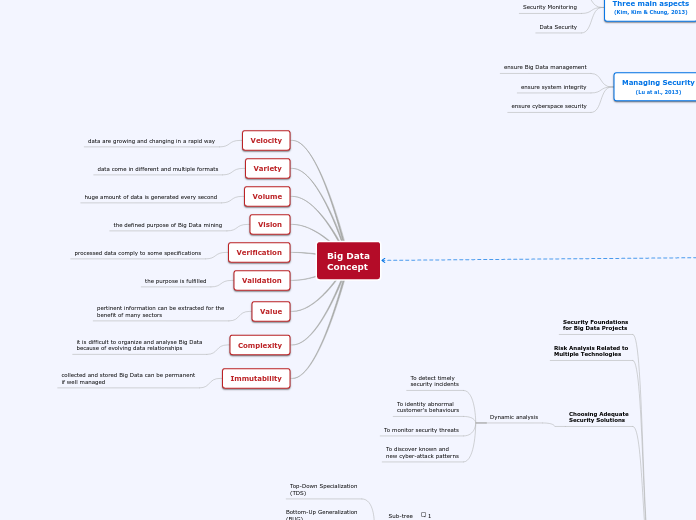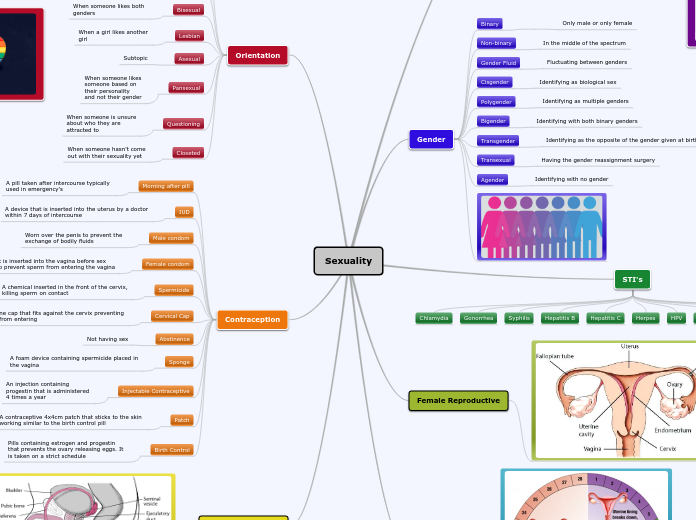по Connor Ngan 12 месяца назад
144
Facial recognition technology, and how we can navigate the ethical challenges
Facial recognition technology continues to advance and integrate with artificial intelligence and machine learning, making it a powerful tool in various fields such as security, law enforcement, and marketing.









